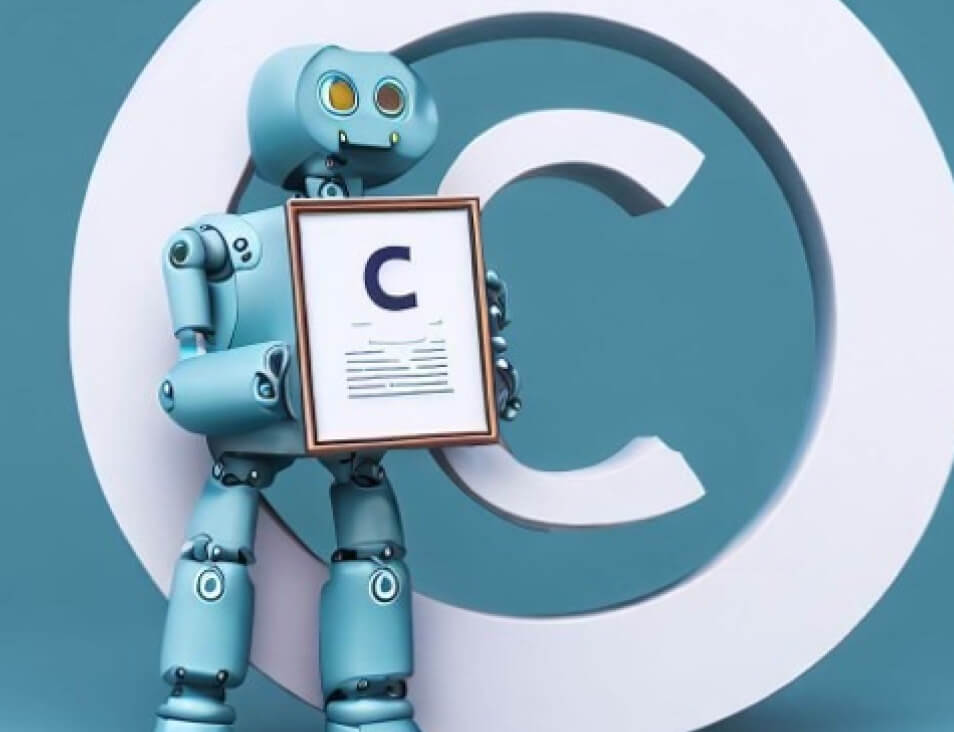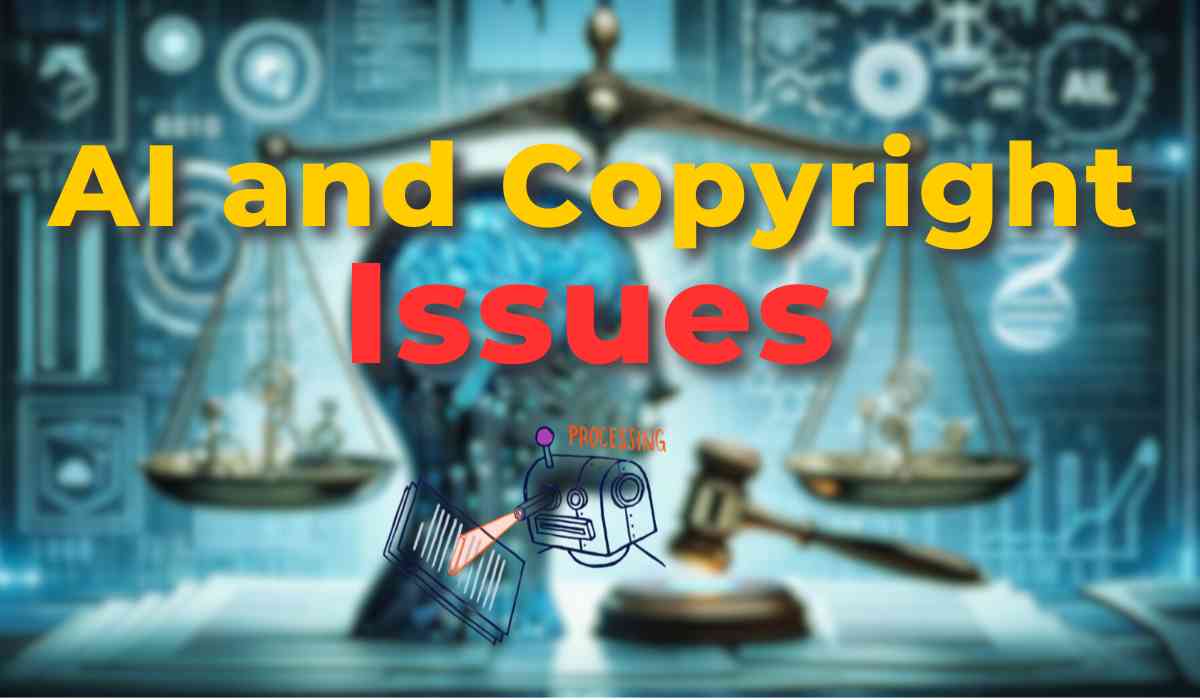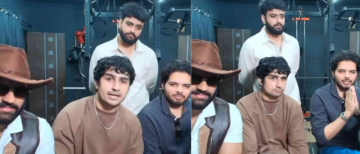Rapid development in Artificial Intelligence has definitely changed things, right from content creation to elite form of software development. With great power, however, comes great legal complication—most specifically, regarding copyright issues. That essentially means that understanding its effects on intellectual property rights for creators, developers, and businesses alike must also evolve.
What is copyright, and why does it matter?
It is a legally granted right given to creators for original works, such as music, literature, art, and software, in order to have the right of their control over use and distribution exclusively. In this regard, protection gives incentive for creativity and innovation by assuring that the creator shall gain from the output of his work. However, the content generated by AI created a blurry line on ownership, which resulted in new questions and legal disputes.

Image Source- Ikigai Law
Whose copyright is AI-generated content anyway?
Of all the issues embroiling the debate on AI and copyright, the question of ownership takes the cake. The question lingering on everyone's minds when an AI system creates a work of art, music, or any other piece of writing is, "Who gets to keep the copyright?" By tradition, it is given to the human creator, but when it is done by an uninhabited AI lacking in human attributes, things really get complicated.
AI does not have legal personality rights under most of the copyright laws. Copyright is usually vested in the person/ entity actually owning the AI system or programming and training the AI. It raises the query for quantum of involvement humanly required for any claim of ownership and whether in practice, contribution of the AI would be so substantial that it shares or even goes on to exclude human beings to be the author of works.
Challenges of AI-Generated Works on Copyright Infringements
It's next to impossible to enforce copyright in AI-generated works. Take, for instance, the conditions to be met for creativeness in copyright protection: originality of work is almost impossible to determine. Since leading AI systems are provided with far-reaching troves of data in order to be able to sift through them and, by extension, produce such content, this can include copyrighted materials.
Moreover, AI is a global integration, and therefore copyrights are exercised across borders, which become very hard to enforce. Different countries have different laws relating to copyright, and hence no uniformity is available to resolve cases of infringement. More importantly, the kind of anonymity associated with the AI-generated content makes it even hard to track the responsible person behind the scene, adding to problems of enforcement.
_1724405073.jpeg)
Image Source- CIO
AI and Copyright Infringement: An Increasing Concern
Another crucial issue is that AI will also be used to infringe on already existing copyrights. Artificial intelligence in generating content, using pre-fed data, can inadvertently generate a work that is too similar or reproduce copyrighted material. Cases of infringement could be made even when AI content was not done with mal-intent.
For instance, some AI systems that generate music and art created pieces that unintentionally were too similar to existing ones, thus raising legal disputes over ownership. It is upon the content creators and the AI-reliant companies to be aware of such risks and adapt steps that would help reduce the likelihood of infringement. This can be achieved by monitoring the data used to train AI systems and ensuring that it does not copy any content.
Legal responses to AI and copyright issues: Recently, most governments and legal authorities around the world have started to pay attention, head-on, toward challenges involving AI and copyright problems. While some countries are looking to refresh the laws on copyright to accommodate the creations of AI, some look for a new legal framework that balances creators' rights with those of the AI developers.
For example, the United States Copyright Office has adopted a very conservative tone and simply denied claims of copyright protection for works created entirely by AI. At a more general level, the European Union addresses the problem of AI in copyright law only when it concerns a wider regulation on AI. The most debated way by which AI will deal with copyright in a new era, and in need of proper positioning to show equal protection to both human creators and creation through AI.
The Copyright Office issued a notice of inquiry in the Federal Register seeking public comment on questions about copyright law and policy issues raised by AI systems. Initial comments are due by October 18, 2023. Reply comments are due November 15, 2023. https://t.co/fNiHB1W7SI pic.twitter.com/3vNBRNxGJj— US Copyright Office (@CopyrightOffice) August 30, 2023
Will AI and Copyright Work for Future Collaboration rather than Conflict?
Indeed, as AI becomes more complex each and every day, so too will the interpretation and application of copyright law. While to most, this means greater creativity and efficiency, for some, it is a tool that could inadvertently run over the rights of creators. It would be how, on a fine line, innovation and protection of intellectual rights of all stakeholders are balanced that could determine how AI and copyright continue to interact in the future.
One can be collaborative, with AI as an assistant, not a replacement for human creativity. This opens up a new kind of norm in copyright that makes it very clear what the roles and contributions of humans and AIs are in the process of creation.
There are immense challenges and opportunities in this new relationship between AI and laws of copyright. Therefore, as technology develops at a blistering pace in the field of AI, a corresponding need for the resolution of relevant legal and ethical issues on copyright has arisen so that the creators and their innovative works may be protected. It helps in understanding and attuning these changes and walking confidently through a new setup of AI and Copyright.
Inputs By Agencies
Image Source: Multiple Agencies
Ⓒ Copyright 2024. All Rights Reserved Powered by Vygr Media.






















